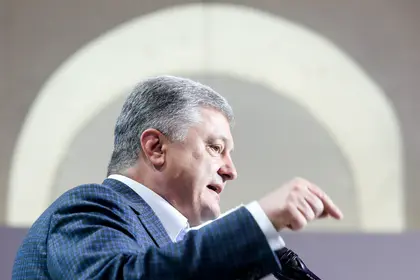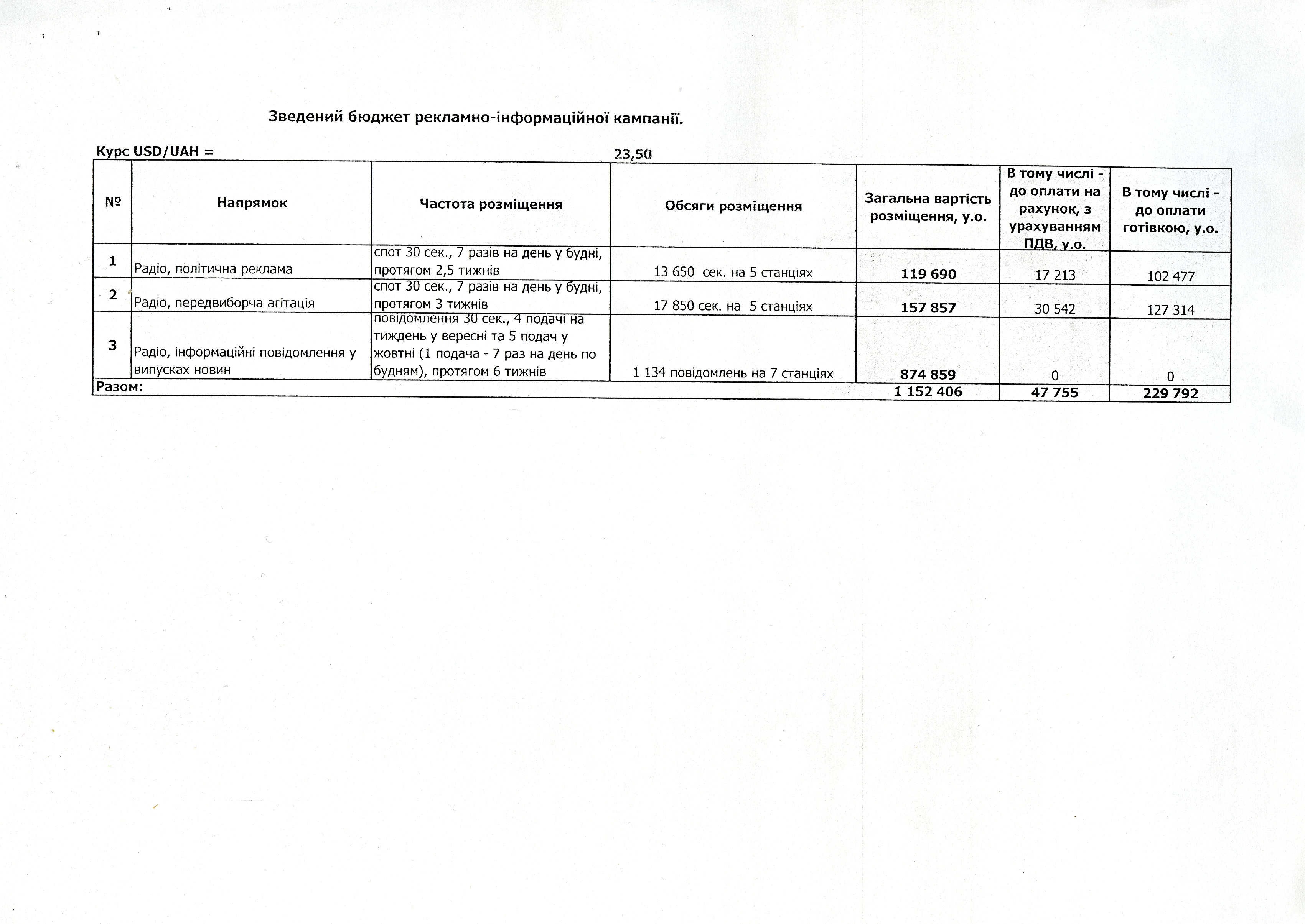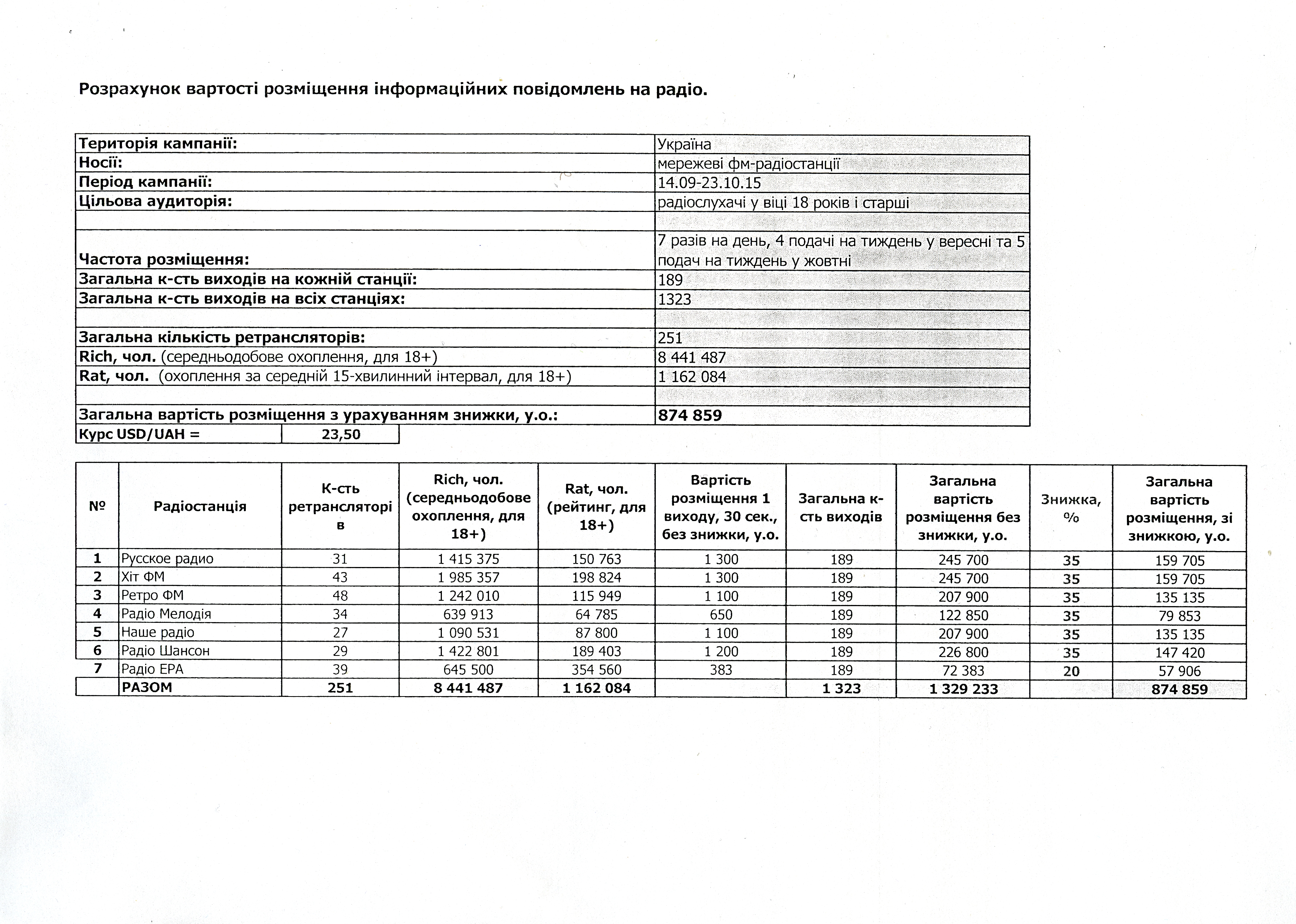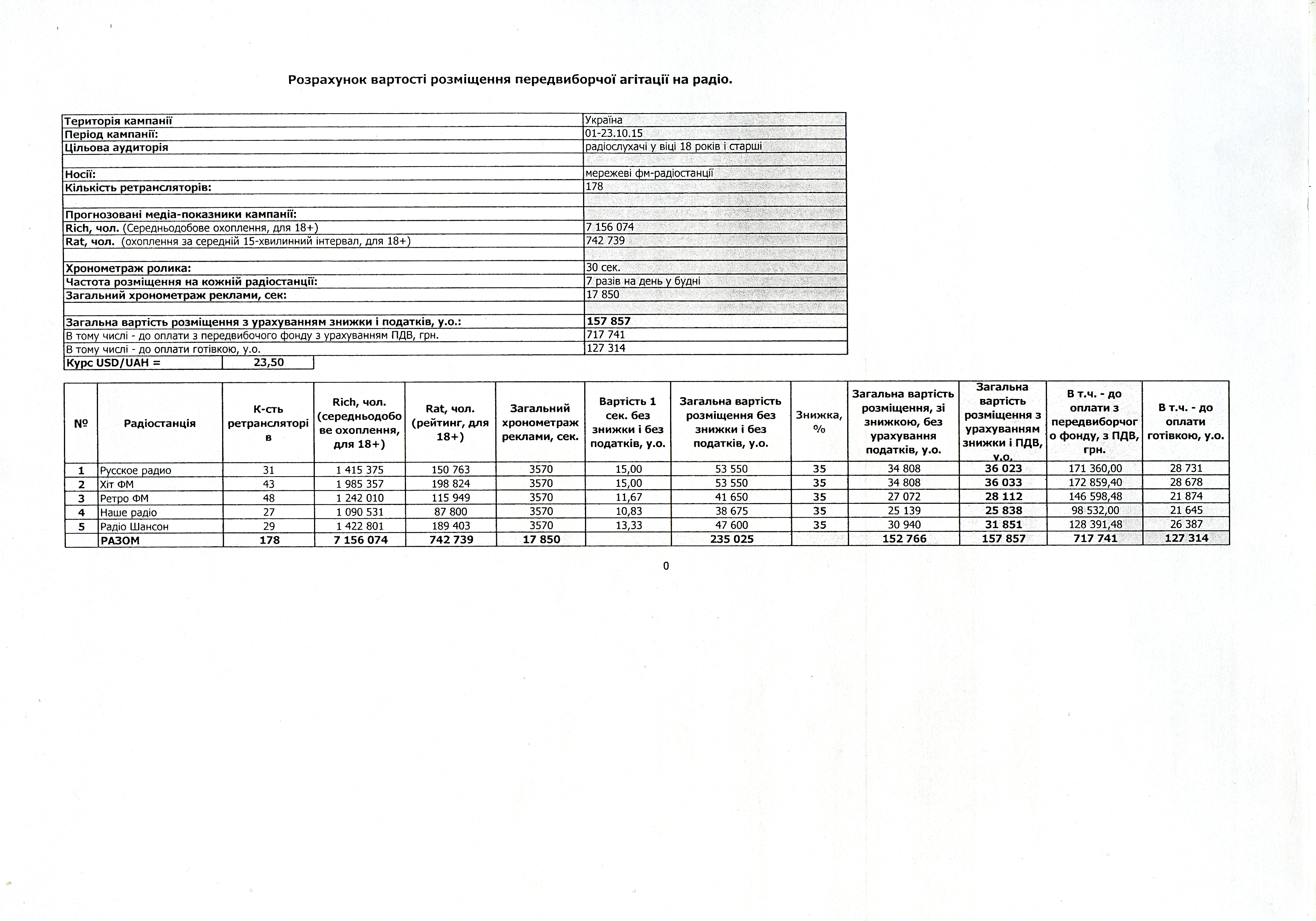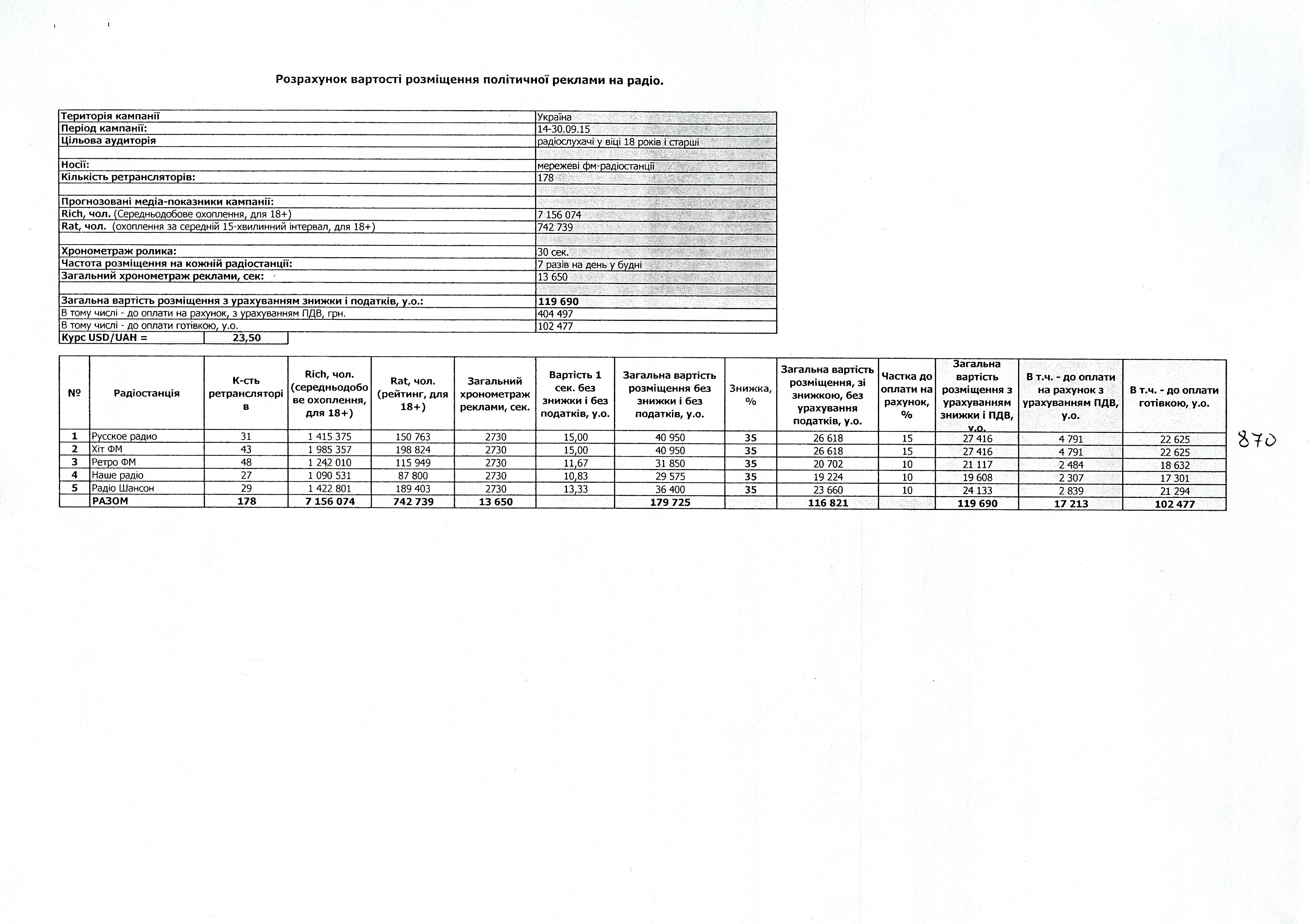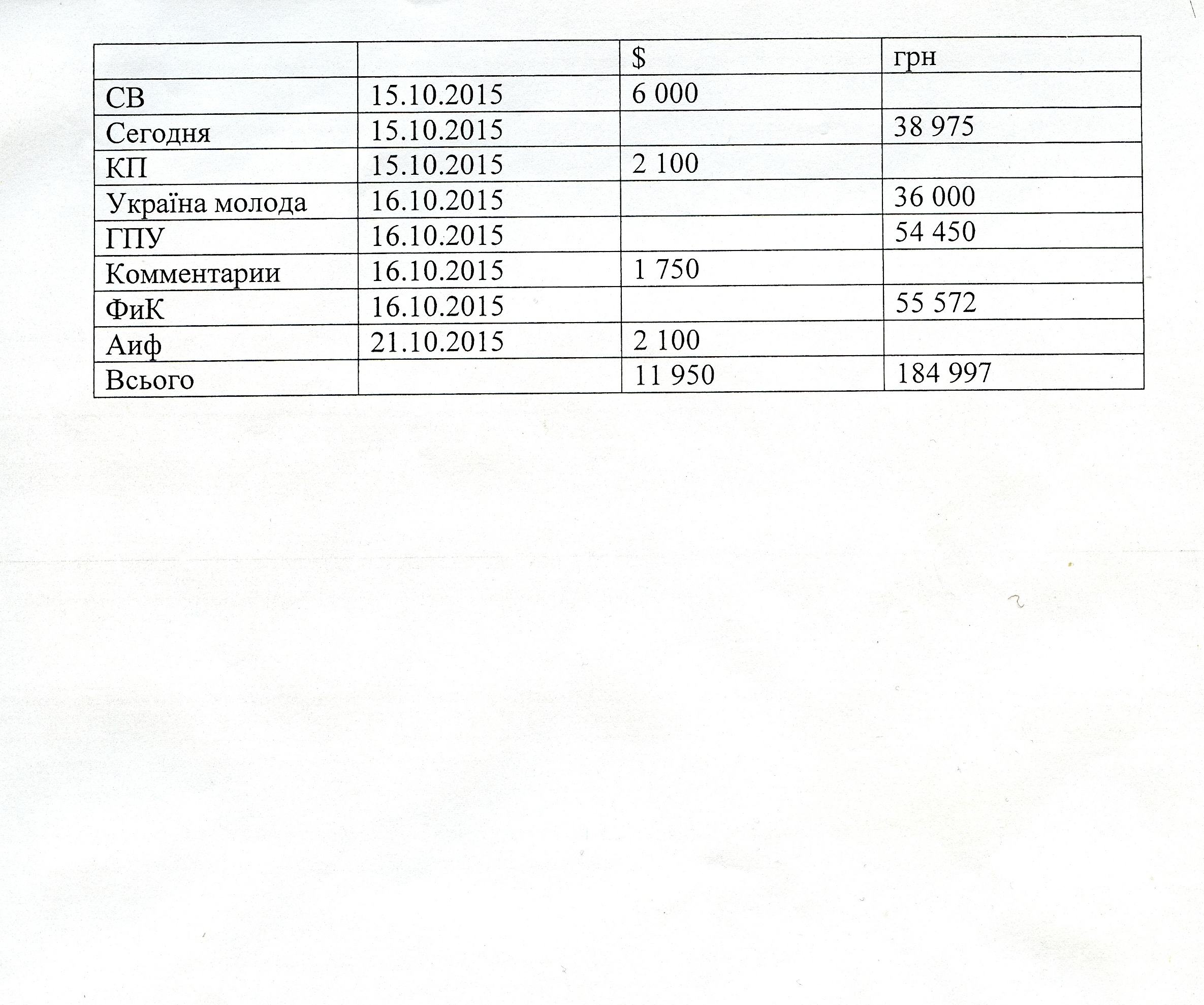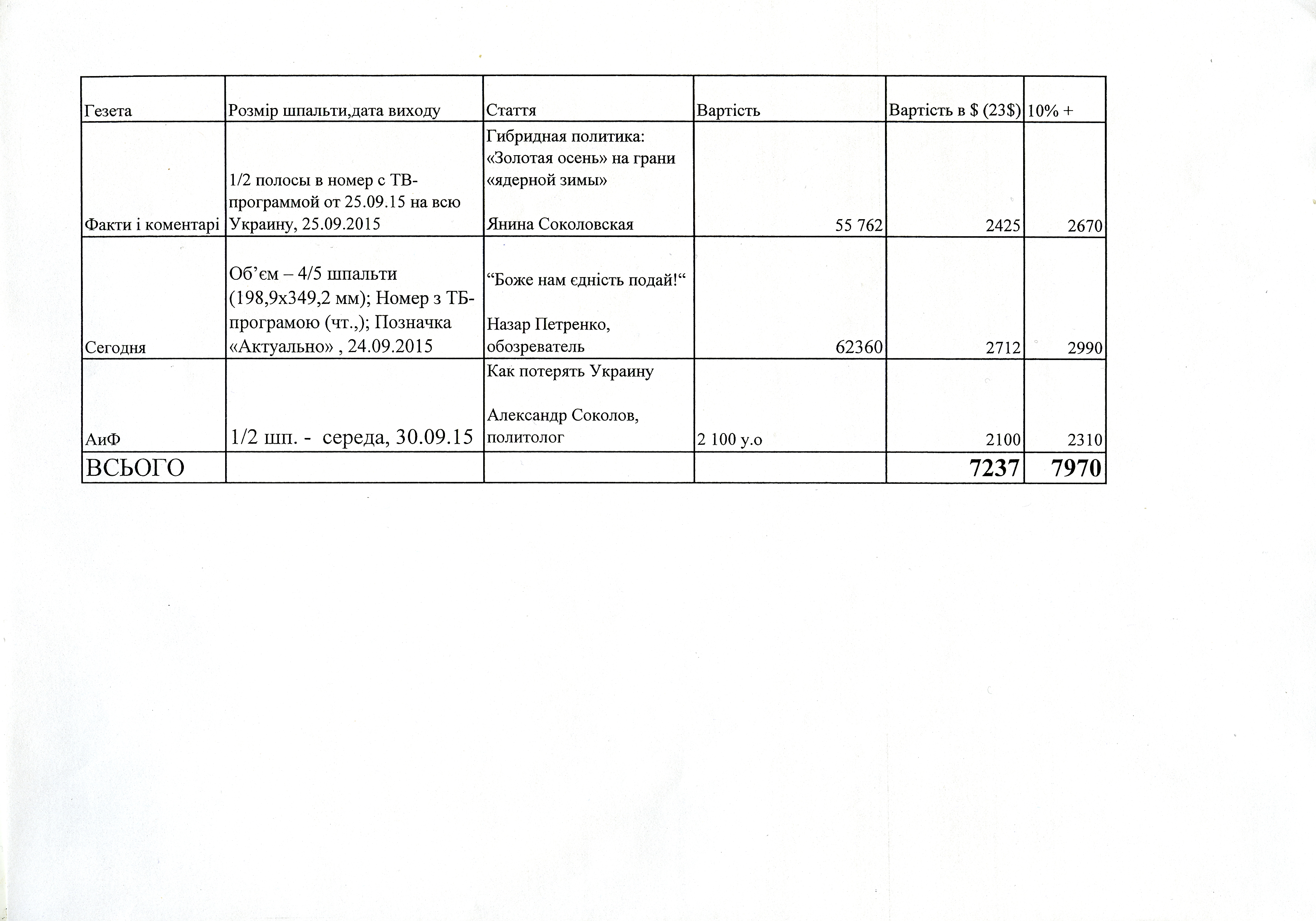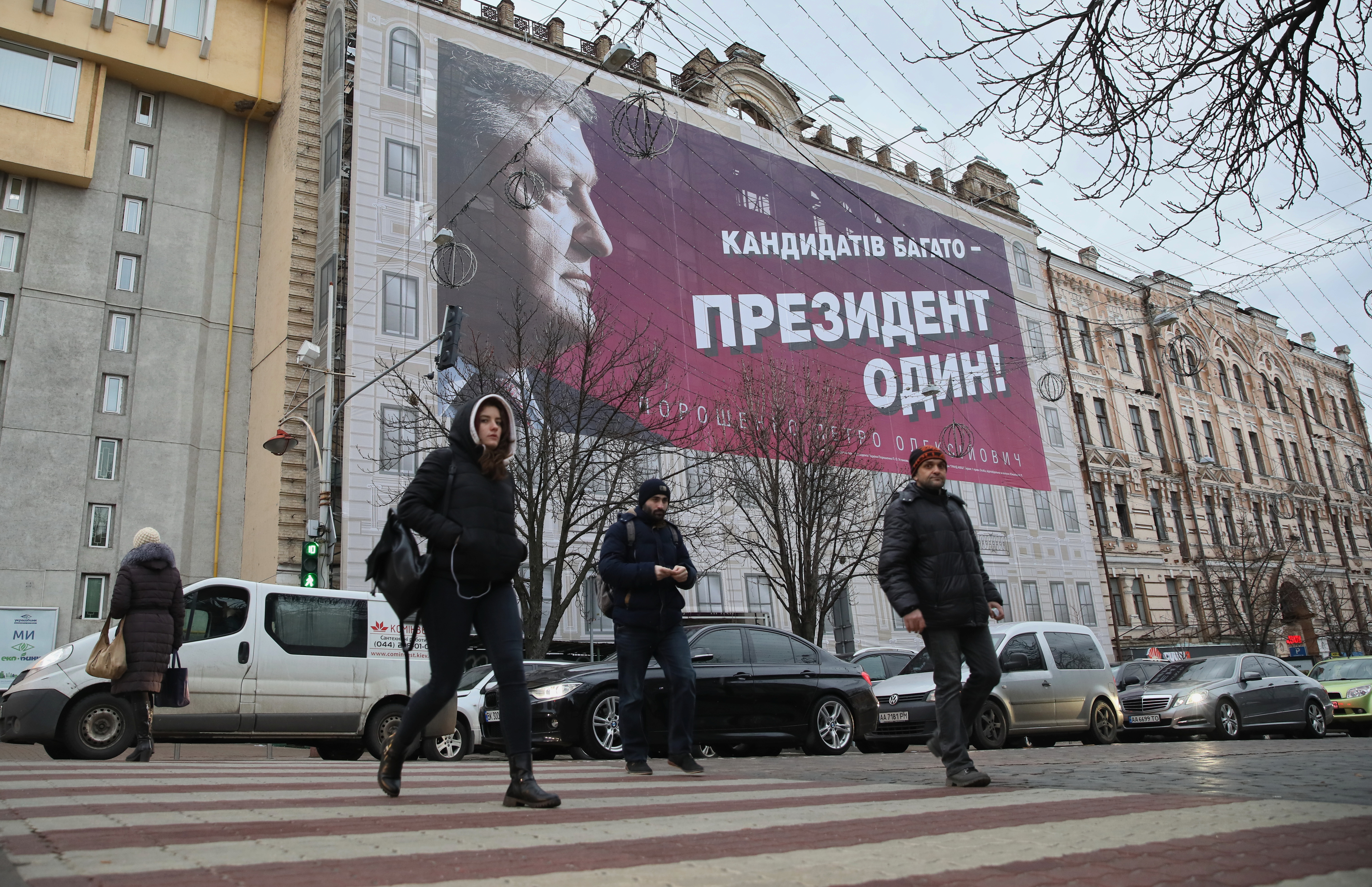In Ukraine, politics has long been fractious. It’s an environment where politicians seek to influence the press and political bloggers actively spar with their opponents on Facebook. In some cases, these conflicts have spilled over into harassment.
But new documents obtained by the Kyiv Post suggest that not all press or media commentary in favor of former President Petro Poroshenko was authentic.
- Obtain the most recent updates on the Ukraine situation today.
- Obtain the most recent updates on the Ukraine situation today.
- Russian Losses in Ukraine
JOIN US ON TELEGRAM
Follow our coverage of the war on the @Kyivpost_official.
Rather, the documents allege that during Poroshenko’s 2014-2019 term in office, his allies regularly paid media outlets for favorable coverage and directed smear campaigns against his critics on social networks.
All parties that could be reached denied participating in these activities.
Poroshenko’s spokespeople didn’t reply to a request for comment. Volodymyr Gorkovenko, head of the media department in Poroshenko’s administration, denied paying for news coverage.
The documents, allegedly found in the presidential administration after Poroshenko left office in May, relate to the administration’s unofficial information campaigns in 2015 and 2016.
They list budgets for Ukrainian television channels, print media, websites and radio stations, which received money to publish paid articles as news. This practice is widespread in Ukraine and known in the local parlance as “jeansa.”
The documents also describe efforts to recruit political experts to spread opinions beneficial to Poroshenko and his allies while posing as independent commentators.
For example, the documents indicate that $1 million — most of it in cash — were paid to seven radio stations during the 2015 local election campaign for “being featured in news segments.”
Media outlets mentioned in the budget also denied getting paid to print “jeansa.”
However, the Kyiv Post found on their websites stories that were listed in the documents as “jeansa” planned for publication.
A separate group of political consultants worked to form a network of pro-presidential bloggers meant to flatter the president and curb the negative impact of political scandals online, according to one such consultant who talked to the Kyiv Post.
Together, the documents and the former consultant’s account of her work offer a rare window into one of the endemic problems of Ukrainian politics: candidates and politicians paying off media, experts and commentators for favorable coverage.
Media plans
In mid-November, the Kyiv Post obtained documents that were allegedly discovered in an office formerly occupied by Gorkovenko.
(SEE THE DOCUMENTS)
The documents appear to be a part of an unofficial media plan. They suggest that the president’s team paid media off-the-books and instructed them what to write and whose opinions to cite.
For example, the papers state that Argumenty I Fakty (aif.ua), a popular Ukrainian newspaper, received $2,100 for an article published on Sept. 30, 2015 and the same amount for another article published on Oct. 21, 2015. The documents specify that the first story was titled: “How to lose Ukraine?”.
A representative of the paper openly told the Kyiv Post that “it was probably a paid story.”
The documents mention at least six other newspapers receiving money for paid content – Silsky Visti, Komsomolska Pravda (Kp.ua), Ukraina Moloda, Gazeta Po Ukrainsky (gazeta.ua), Commentaries, Fakty i Komentary (fakty.ua), and Segodnya. At the time, they were among the most popular newspapers in terms of circulation.
Segodnya, a popular daily that stopped its print run in September, was the only newspaper on the list that published the stories as advertising, although they were dubiously marked as “Relevant” (“Aktualno” in Ukrainian), a practice widespread in the Ukrainian media. The paper allegedly received Hr 100,000 ($4,400) for running two stories like that in September and October 2015. Segodnya is part of the media holding of billionaire oligarch Rinat Akhmetov.
The documents also indicate that $1.1 million was spent on off-the-books payments for jeansa on radio stations prior to the local elections held on Oct. 26, 2015.
Seven popular radio stations received $874,859 in six weeks prior to the 2015 local elections as payment for “jeansa” in the news. This money was paid for 1,134 placements in the news segments. The documents do not specify what the content was.
Additionally, five of these stations received $277,547 for regular political ads during the same period. The document specifies that most of it was paid in cash.
Representatives of Hit FM, one of Ukraine’s leading radio stations, told the Kyiv Post that paid news items are usually bought before the elections and are sold together with commercial material.
Gorkovenko denied paying media off-the-books and denied that he left any documents in his office.
Otar Dovzhenko, a media observer at Detector Media, a non-profit monitoring Ukraine’s media market, told the Kyiv Post that Poroshenko didn’t pay for favorable coverage outside election campaigns, instead making direct deals with media owners.
“In the last 10 years, ‘jeansa,’ especially in large media holdings, became endemic,” said Dovzhenko. “During the local elections in 2015, it reached extraordinary levels.”
Paid analysts
Another document, dated May 2016, is a plan for an “information campaign” to raise the profile of Vitaly Kovalchuk, deputy head of the presidential administration, who was appointed Poroshenko’s representative in the Cabinet of Ministers.
Kovalchuk was nominated to become deputy prime minister in April 2016, yet failed to win parliament’s support. In May, Kovalchuk became Poroshenko’s representative in the government. The campaign was meant to boost Kovalchuk’s image as a reformer and “decrease his perception as an overseer from Poroshenko.”
The document emphasizes that it is important to have political analysts leak the news of the appointment to achieve the right tone.
According to the document, political analysts Volodymyr Fesenko, Vadym Karasev and Andriy Zolotarev worked with the administration and were told what to write in their commentary about the appointment of Kovalchuk. They indeed gave favorable comments on the appointment to the press. Neither of the three disclosed their affiliation with the government. Instead, they posed as independent analysts.
Karasev denied working with Poroshenko’s administration. Fesenko said that he did work with the president’s office, yet declined to comment on the extent of his work and the amount paid. When previously asked about his affiliations, Fesenko has told the Kyiv Post that he works for many different politicians and factions.
“Zero political analysts work for free, but no one will tell you the terms under which they work,” said Fesenko.
Zolotarev acknowledged the fact that he was told what to say, yet told the Kyiv Post that he did it because he liked Kovalchuk and that he didn’t take money for spreading positive comments on his appointment to the Cabinet. His comments repeated exactly the talking points from the administration.
The memo indicates that articles quoting the analysts should appear between May 11-13, 2016 on “8-10 key websites.” The document doesn’t specify whether the websites were paid to post it. The list of sites includes Interfax Ukraine, UNIAN, LB, Censor.net, Glavcom and Depo.ua, while RBC Ukraine was to publish an analytical piece.
RBC Ukraine indeed published a story analyzing and praising the appointment of Kovalchuk by a non-staff author. RBC didn’t respond to a request for comment.
Interfax Ukraine published Karasev’s and Zolotarev’s positive commentary on the appointment as a separate news item. The comments repeated the talking points from the documents drafted at the administration.
The head of the Interfax’s press center, Marina Zgarda, told the Kyiv Post that the agency never publishes paid stories and didn’t work for the presidential administration.
At the same time, both Interfax and RBC show up frequently at the monitoring of paid news compiled by the Institute of Mass Information, a Kyiv-based non-profit.
Buying patriotism
In 2015, Poroshenko’s administration looked to another arena for promotion — social media.
By that time, the president was swiftly losing popularity due to failure to deliver on his campaign promises: to end Russia’s war and stop corruption.
As a result, in early 2015, one of Kyiv’s top digital agencies, Postmen, drafted a social media strategy for Poroshenko. Its printed presentation was among the documents obtained by the Kyiv Post.
The agency was later exposed as doing political “black PR” for Poroshenko at the 2019 presidential election. In 2015, it recommended the president to involve “opinion leaders, active citizens and top bloggers” to increase his support, especially on social media.
That became the start to a pro-Poroshenko campaign that targeted hundreds of thousands of Ukrainians on social media. The president’s top advisers, including Yuriy Biriukov and ex-Information Policy Minister Yuriy Stets began organizing a network of pro-presidential bloggers meant to flatter the president and lower the negative impact of the political scandals surrounding him.
Some bloggers were paid, while others were helping for free. All of them were told what to write and who to smear, while a group of hired political consultants was tasked with guiding them.
It started innocently. In 2015, Biriukov, then a well-known volunteer supplying Ukraine’s army with equipment and medicine, started a closed Facebook group and invited several bloggers who were writing about Russia’s war in eastern Ukraine to join it. The bloggers in the group were asked to help Poroshenko’s administration debunk false information spread by Russian trolls about the Ukrainian army.
Among the bloggers invited to join was a man named Artur Niskubin.
“We were receiving insider information from the warzone and were tasked with combating the fake information coming from Russia,” Niskubin told the Kyiv Post. The information came from Biriukov, who was appointed an advisor to Poroshenko in August 2014.
Niskubin says they didn’t take money for their work. The group was called “Animals’ Life.”
The group included many famous online personalities – bloggers Oleksiy Petrov, Roman Donik, Oleg Boldarev (writing under the pseudonym Martin Brest), Oleksandr Karpyuk (Serg Marco), Viktor Tregubov and others.
But several months in, the chat’s policy began to shift from Ukraine first to president first, according to Niskubin.
In mid-2015, the group members were asked to attack critics of the president online. People who were talking about corruption in the defense sector were the primary targets.
Niskubin left the group soon after, and says many others did the same.
Two other members of the group, Karpyuk and Boldarev, spoke with the Kyiv Post. They said they never took money for their posts, nor did they take part in staged smear campaigns against Poroshenko’s critics.
But some did.
Bloggers Inc.
Kateryna Koval, a political consultant, was among those hired to coordinate bloggers who helped improve Poroshenko’s reputation online.
Koval told the Kyiv Post that she was hired for the job by a deputy head of the presidential administration, whom she refused to name, fearing political retribution.
She said he was among a small group of political consultants tasked with coordinating pro-presidential bloggers, mostly those writing on military topics.
“We looked for people who had a core base of followers and who were already writing,” says Koval.
Many were taken from the “Animals’ Life” Facebook group.
The strategy was simple: approach bloggers who supported the army and offer them to support the commander-in-chief, Poroshenko. Those who agreed would benefit from the arrangement: Their work would be reposted and shared through official channels, including the president’s own Facebook and Twitter accounts, increasing their popularity online.
Bloggers were invited to attend events with the president and special off-the-record meetings with him. The top bloggers, who had tens of thousands of followers, were also initially paid around $1,500 a month, says Koval. At the time, the official average salary was $250 a month. There were up to 20 such bloggers, according to her, meaning that the network cost up to $30,000 per month.
She says she doesn’t know where the money came from.
Political consultants like Koval were directing the bloggers by writing talking points for them – highlighting the president’s and his party’s accomplishments and downplaying their shortcomings.
“We all believed that we were doing the right thing,” says Koval.
The bloggers would then help draw members of the public to attend rallies in support of Poroshenko. These people weren’t paid.
“They don’t pay them. They offer them something more: Those people feel they are a part of something bigger,” says Koval, describing how this system worked.
According to her, Biriukov was in charge of the project, but it was also backed by the newly-created Information Policy Ministry headed by Stets. Viktor Ukolov, the main political strategist for Poroshenko during his presidency, was in on the scheme as well.
Biriukov told the Kyiv Post that he had nothing to do with the scheme, while Stets declined to comment.
Organized online bullying
Communications expert Tetiana Popova was among those who suffered from organized online attacks by pro-Poroshenko bloggers.
In 2016, Popova, then deputy head of the Ministry of Information Policy, came into conflict with her boss, Stets, and with some ultra-patriotic military volunteers and activists. She opposed the online bullying of journalists who sought accreditation from the Russia-backed militants occupying eastern Ukraine.
For that, Popova faced a smear campaign online. Pro-presidential bloggers began posting about her, accusing Popova of corruption and harboring pro-Russian sentiments. She soon quit her job at the ministry.
“It was an unprecedented attack,” Popova told the Kyiv Post. She recalls being unable to use her phone because of the amount of negative messages and posts she was receiving. “It continued for days,” she says.
Today, Popova sits on the Freedom of Speech and Protection of Journalists Council, an advisory body to the president.
Karpyuk, who was one of the bloggers who targeted Popova, told the Kyiv Post that the attack wasn’t staged and was due to Popova’s defense of Russian journalists who allegedly filmed Ukrainian army positions, which led to those positions being shelled by Russian-led militants.
However, this defense does not stand up to scrutiny. The events Karpyuk is referring to occurred in July 2016, two months after the bullying of Popova started.
Popova was one of many victims targeted by pro-presidential bloggers. The bloggers were especially active when investigative journalists accused Poroshenko of corruption or when his political future was on the line.
In April 2016, a set of over 11.5 million leaked documents revealed 214,488 offshore companies managed by a Panama based law firm, Mossack Fonseca. The documents became known as the Panama Papers. Poroshenko’s name was in them.
Slidstvo.Info, an investigative journalism unit, published a story about the then-president registering an offshore company and failing to disclose it in his asset and income declaration. Slidstvo alleged that this was a tax evasion scheme. For several weeks, the journalists who revealed the information faced online attacks from pro-presidential bloggers with tens of thousands of followers each.
“What did our anti-corruption activists REALLY do to ensure that there is no corruption?” wrote, Karpyuk, a popular pro-presidential bloggers. “How many materials they uncovered, sufficient to bring charges? How many people exposed by anti-corruption activists actually were convicted? Zero.”
“They try to convince us that the country is led by an idiot who steals this money and hides it in offshores, to which those countries that help us with money have access to,” wrote another one, Donik.
The same thing happened in February 2019, when Bihus.info, another Ukrainian investigative publication, revealed an enormous corruption scheme in state-owned defense manufacturer UkrObronprom. The scheme involved the son of Oleh Hladkovsky, Poroshenko’s business partner and the deputy head of Ukraine’s National Security and Defense Council.
Pro-Poroshenko bloggers downplayed the investigations, claiming that journalists were ordered to smear Poroshenko in the run-up to the election.
“Only in the victory of Ukraine is Poroshenko’s future. He may do something wrong, but not intentionally. There is no Poroshenko without Ukraine,” wrote Donik.
According to Koval, such attacks were directed by her mini-team of political consultants, which was based in the presidential administration. She says these attacks were one of the reasons she decided to stop working for Poroshenko in September 2019 and, later, to go public with the work she did for the former president.
“It became miserable,” Koval told the Kyiv Post. “We understood that there is no bigger cause.”
Poroshenko’s spokesman did not reply to a request for comment for this story.
Pro-Poroshenko bloggers today
While some popular bloggers who actively supported Poroshenko went silent as soon as the president lost power in May 2019, others have maintained their allegiance to him and his party. They still urge people to take to the streets and protest against Zelensky.
They criticize Zelensky for his attempts to negotiate peace with Russia, which has been waging a proxy war against Ukraine since 2014. They call these attempts to end the conflict “capitulation.”
With their online followings of tens of thousands of people each, they have been instrumental in calling for ordinary citizens to join the so-called “No Capitulation” rallies that have been taking place in Kyiv regularly since October. Poroshenko and other opposition leaders often speak at these rallies.
These bloggers helped draw manpower to those protests, says Koval.
“People are intentionally brought from all over Ukraine,” she says. “They are showing that they are a force.”
You can also highlight the text and press Ctrl + Enter


